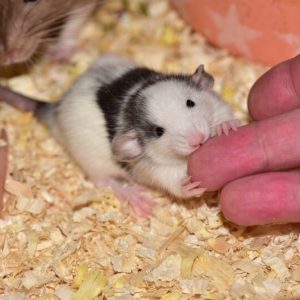As an Amazon Associate, Bakersfieldrats.com earn from qualifying purchases.
As an Amazon Associate, Bakersfieldrats.com earn from qualifying purchases.
Disclaimer: The information provided on our Rat Information Website is intended for general informational purposes only. While we strive to ensure the accuracy and reliability of the content, we make no representations or warranties of any kind, express or implied, about the completeness, suitability, reliability, or availability of the information, products, or services mentioned on the website






